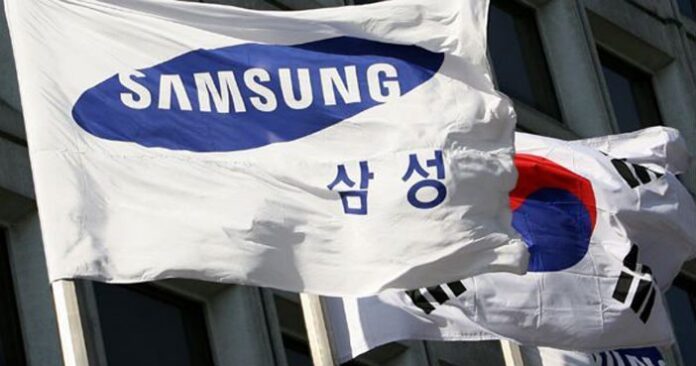The South Korean firm recently announced a large investment in AI, 5G and automotive electronics components
Samsung Electronics announced plans to invest KRW 1.5 trillion ($1.3 billion) through 2022 to finance a range of studies about future technologies such as artificial intelligence (AI), internet of things (IoT) and 5G networks, Korean press reported.
The company said it has already invested KRW 540 billion ($478 million) in these fields since August 2013, when the firm launched a 10-year project to foster new researchers and fund a number of projects to enhance the nation’s capabilities in science and technology.
So far, the company has funded 428 projects, which are divided into 149 in basic sciences, 132 in material and component technology and 147 in information and communications technology. At present, more than 7,300 researchers from 46 research institutes and colleges are taking part in the project.
“Samsung Electronics will offer not only financial support for research projects but also distinguished support programs utilizing the company’s experience and knowhow to help researchers improve their performance,” said Jay S. Chang, who heads up the Samsung Research Funding & Incubation Center for Future Technology.
The plan is in line with Samsung Group’s announcement to invest more than $22 billion over the next three years to in four new growth engines – artificial intelligence (AI), 5G, automotive electronics components and biopharmaceuticals.
The South Korean conglomerate said that this investment would also serve to create 40,000 jobs across its global footprint. In South Korea, Samsung says its investment will create some 700,000 additional jobs in related industries and businesses.
In AI, Samsung plans to expand its research capability, increasing the number of advanced AI researchers to 1,000 across its global AI Centers. The company also said that it “will also invest aggressively to become a global player in the advanced markets for 5G chipsets and related devices and equipment.”
In semiconductors, Samsung will expand investments in manufacturing hubs to and meet significant new demand from applications in AI, 5G, data centers and automotive electronics.
Samsung will also increase the scale of its “Smart Factory” program, an initiative that provides automation solutions and intelligent upgrades for small and medium enterprises’ manufacturing facilities.
The program has already helped 1,086 manufacturers switch to smart factories and create 4,600 jobs between 2015 and 2017, by improving productivity and generating growth. Samsung and the Korean government will jointly set up a new KRW 110 billion fund to help 2,500 SMEs for the next five years.

